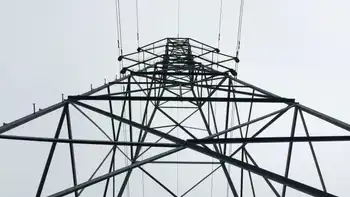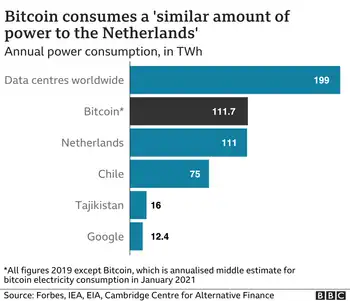Thirty Indian power plants dangerously low on coal
By Industrial Info Resources
CSA Z463 Electrical Maintenance -
Our customized live online or in‑person group training can be delivered to your staff at your location.

- Live Online
- 6 hours Instructor-led
- Group Training Available
Of the 78 coal-fired power plants monitored by the CEA, the coal stock position of 30 plants is critical, with supplies likely to last for less than seven days. In addition, 17 plants are in a riskier situation with coal stocks of less than four days.
Unloading difficulties, a decrease in coal production and problems in transportation logistics caused by inefficient linkages are a few of the reasons attributed to the current coal shortage in the country.
Of the 30 thermal plants with critical stock levels, 10 are located in the eastern region, six in the northern belt and 12 in the western part of the country. Of the 17 plants with the extremely low stock levels, four are in the northern sector, seven in the eastern region and six in the western states. These include two plants of India's largest power producing company NTPC Limited.
NTPC's 1,840-megawatt (MW) thermal power plant in Kahalgaon, Bihar, has stock for less than three days because of reduced output and supply from Eastern Coalfields Limited. NTPC's 1,600-MW coal-fired plant in Farakka, West Bengal, has an estimated 10 days of stock. This is insufficient for efficient operations, as a minimum coal stock of 22-30 days is required to be maintained at a thermal power plant situated away from the mines.
Coal is transported to these plants from the Raj Mahal coalmine through the Indian railways. The coalmine currently has a capacity of 10.5 million tons with plans for augmentation of coal production to 17 million tons. However, NTPC gets only about 6-7 rakes, carrying 3,800 tons of coal, through rail freight and is designed to receive only a maximum of 11 rakes in a day.
The CEA recently made a presentation to the fuel infrastructure committee suggesting ways to expedite the development of captive coal blocks. The CEA is in favor of accelerating bureaucratic approvals and setting up standard references to obtain environmental clearances. The recommendations, once implemented, are likely to reduce the time for setting up a mine by nine months, thus increasing coal production and supply in the country. The regulatory authority has also advocated the need for establishing a master rail network to transport coal from captive coalmines to the power plants.
The CEA confirmed plans to import between 28 million and 29 million tons of coal in 2009-10. Power utility companies imported a total of 17 million tons of coal for the previous fiscal year, 2008-09, but had planned to import 20 million tons.
One of the measures planned to address the coal shortage situation is the Fuel Supply Agreement (FSA) between state-owned Coal India Limited (CIL) and central- and state-owned power utility companies.
In 2007, the Ministry of Coal introduced the FSA as part of the New Coal Distribution Policy. NTPC is expected to sign the FSA deal with CIL shortly. Three state power utility companies have already signed an agreement with CIL. The long-term deal will assure a steady flow of fuel supply to the power companies.
Under the FSA, CIL will be penalized if it fails to supply the agreed level of coal. However, CIL has cautioned the major power producers to import coal to bridge the supply-demand gap and match their rising production capacities.











